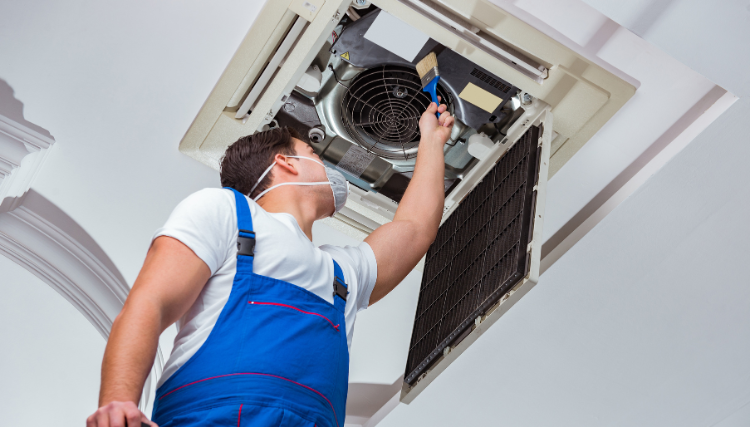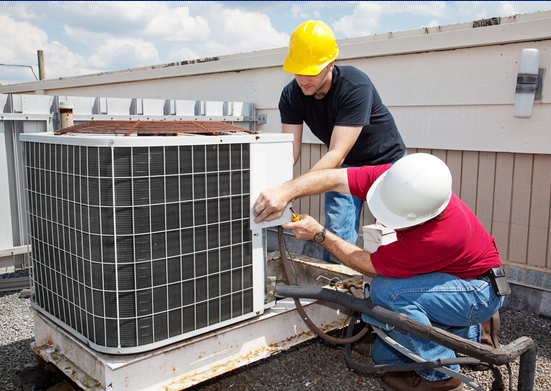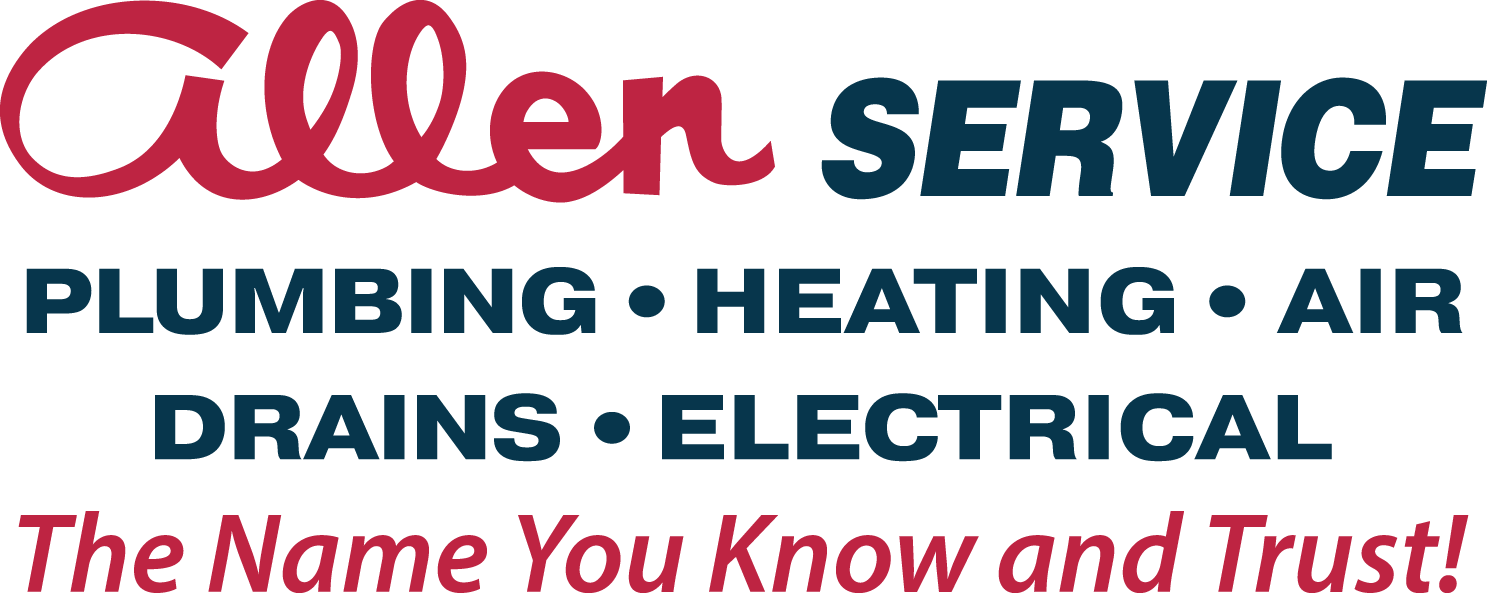We’ll never forget the call we got from a Denver homeowner last winter. Their furnace had been “fixed” by someone they found on social media offering rock-bottom prices. Two weeks later, the system failed completely in the middle of a Colorado cold snap. Not only did they have to pay for emergency repairs, but they discovered the previous work wasn’t up to code, and their insurance wouldn’t cover the damage because the contractor wasn’t licensed.
This story isn’t unique and highlights why understanding Denver’s HVAC licensing requirements is so crucial for homeowners.
The short answer? Yes, HVAC contractors are required to be licensed in Denver. But there’s more to the story than just a simple yes or no. Whether dealing with a heating emergency or planning a system upgrade, knowing about contractor licensing can save you thousands of dollars and protect your family’s safety.
In this guide, we’ll explain everything you need to know about HVAC licensing in Denver and throughout Colorado. You’ll learn how to verify a contractor’s credentials, what different licenses mean, and why this matters for your home comfort and safety. Plus, we’ll share some insider tips that most homeowners don’t know about protecting themselves from unlicensed operators.
Why HVAC Contractor Licensing Matters in Colorado
When your heating goes out on a frigid Denver night or your AC stops working during a summer heatwave, it’s tempting to call the first person who can get there quickly. But here’s why taking a moment to verify licensing is worth it.
Licensed contractors protect your home through:
- Proper insurance coverage that shields you from liability
- Workers’ compensation that covers injuries on your property
- Bonding that ensures job completion
- Accountability through state oversight
We’ve seen situations where unlicensed work led to water damage from improper installations, and homeowners were left footing the entire bill. With a licensed contractor, their insurance covers these accidents.
Quality assurance benefits include:
- Proven knowledge of local building codes
- Understanding of Denver’s specific climate requirements
- Proper installation techniques that pass inspection
- Ongoing education to stay current with technology
Proper HVAC work depends on your family’s safety. Gas leaks, carbon monoxide risks, and electrical hazards are real concerns with heating and cooling systems. Licensed contractors know how to handle these dangers safely and ensure your system operates without risking your loved ones.
Financial advantages of licensed contractors:
- Work that passes inspections the first time
- Valid manufacturer warranties on equipment
- Longer-lasting installations
- Lower energy bills from proper sizing and installation
- Protection from costly code violations
We’ve seen too many cases where “saving” a few hundred dollars with an unlicensed contractor cost thousands in repairs and replacements.
Are HVAC Contractors Licensed in Denver? The Short Answer
Yes, HVAC contractors working in Denver must hold proper licensing. Colorado requires HVAC professionals to obtain state-level certifications, and Denver has additional local requirements that contractors must meet.
The licensing structure in Colorado operates at both the state and local levels. While the state sets baseline requirements for technical competency and safety knowledge, Denver and other municipalities can add their own regulations. This dual-layer approach ensures contractors understand both statewide standards and local codes specific to Denver’s climate and building requirements.
Different types of HVAC work require different licenses. A contractor fixing your home furnace needs credentials that are different from someone installing commercial rooftop units downtown. Specific tasks, like gas line connections or electrical modifications, might require additional specialized licenses even within residential work.

Types of HVAC Licenses Required in Colorado
Understanding the different license types helps you know whether your contractor is qualified for your specific job. Colorado uses a tiered system that ensures professionals have the right expertise for different complexity levels.
Residential licenses cover work on single-family homes and small multi-unit buildings. These contractors can handle your typical home heating and cooling needs, from furnace replacements to AC installations. Commercial licenses are required for larger buildings and more complex systems.
The state recognizes three skill levels:
- Apprentice licenses are for those learning the trade under supervision
- Journeyman licenses indicate solid experience and the ability to work independently
- Master licenses represent the highest level of expertise and often include business operation privileges
Specialty areas require additional certifications. Refrigeration work, especially with newer eco-friendly refrigerants, needs specific EPA certifications. Gas fitting requires separate licensing due to the safety implications of working with natural gas lines. Many HVAC jobs also involve electrical work, which might require coordination with licensed electricians or dual licensing.
What surprises many homeowners is the plumbing crossover. When we’re installing certain types of heating systems or dealing with condensate drainage, plumbing licenses might come into play. This is why many established HVAC companies maintain multiple license types or work with properly licensed subcontractors.
How to Verify Your HVAC Contractor’s License in Denver
Checking a contractor’s license is easier than most people think. The Colorado Department of Regulatory Agencies (DORA) maintains an online database where you can verify any contractor’s credentials in minutes.
Here’s the simple process we recommend to all homeowners:
Start by asking your contractor for their license number. Any legitimate professional will provide this immediately and might even have it printed on their business cards or website. If someone hesitates or makes excuses about providing their license number, that’s your first red flag.
Next, visit the DORA website and use their license lookup tool. Enter the license number or the contractor’s name to pull up their information. You’ll see their license status, expiration date, and any disciplinary actions on record.
When reviewing a license, pay attention to whether it’s active and current. Check that the license type matches the work you need done. A journeyman electrician’s license doesn’t qualify someone for major HVAC installations, for example.
Some red flags to watch for include expired licenses, licenses that don’t match the business name you’re dealing with, or a history of complaints and violations. We also recommend being cautious of contractors who claim licensing isn’t required for your type of job – in Denver, most HVAC work requires proper credentials.

What Happens When You Hire an Unlicensed HVAC Contractor?
The consequences of hiring unlicensed contractors extend far beyond just the quality of work. Denver homeowners face several risks that can impact them long after the contractor leaves.
Legal and liability issues:
- Homeowner liability for worker injuries
- Potential lawsuits without workers’ comp coverage
- Personal responsibility for permit violations
- Legal complications during home sales
Without proper workers’ compensation insurance, you might face lawsuits that your homeowner’s insurance won’t cover. We’ve seen cases where this has led to significant financial hardship for families.
Insurance complications include:
- Denied claims for damage from improper work
- Voided homeowner’s policy clauses
- No recourse for property damage
- Excluded coverage for future issues
If that improperly installed furnace causes a fire or water damage, your insurance company might deny the claim. They often have clauses requiring work to be performed by licensed professionals to maintain coverage.
Safety and code violations:
- Carbon monoxide leak risks
- Improper gas line connections
- Electrical fire hazards
- Failed home inspections
- Required work redos at your expense
They might not know current code requirements for ventilation, gas connections, or electrical work. These aren’t just bureaucratic concerns – they’re safety standards developed to protect lives.
Long-term financial impacts:
- Higher energy bills from improper installation
- Premature equipment failure
- Voided manufacturer warranties
- Decreased home value
- Expensive corrective repairs
The financial impact compounds over time. What seemed like savings upfront turns into higher energy bills and premature replacement costs.
Additional Credentials to Look for Beyond Licensing
While licensing is crucial, the best HVAC contractors in Denver carry additional certifications that demonstrate their commitment to excellence.
NATE (North American Technician Excellence) certification is the gold standard in our industry. Technicians with NATE credentials have proven their knowledge through rigorous testing and continuing education. When we hire technicians, we prioritize those with NATE certification because it shows dedication to the craft.
EPA certification for refrigerant handling is mandatory for anyone working with air conditioning systems. This ensures technicians understand environmental regulations and can safely handle refrigerants that could harm the ozone layer if released improperly.
Manufacturer certifications matter more than many homeowners realize. Major brands like Carrier, Trane, and Lennox offer specialized training on their equipment. Certified dealers and technicians can offer extended warranties and have access to technical support that others don’t.
Better Business Bureau accreditation and positive ratings indicate a company’s commitment to customer satisfaction and ethical business practices. While not technically a credential, it’s a valuable indicator of reliability.
Industry associations like ACCA (Air Conditioning Contractors of America) provide ongoing training and hold members to professional standards. Membership shows a company invests in staying current with industry best practices.
Don’t forget about insurance and bonding. Proper liability insurance protects your property, while bonding ensures the company can complete contracted work. We maintain coverage well above state minimums because we understand the value of our customers’ homes.
The Allen Service Difference: Licensed, Insured, and Trusted
At Allen Service, we’ve built our reputation on doing things the right way. Our team maintains all required licenses for both plumbing and HVAC work throughout the Denver metro area and up to Fort Collins.
We believe in transparency about our credentials. Every technician carries their license information, and we’re happy to provide documentation before any work begins. Our master license holders supervise all installations, ensuring every job meets the highest standards.
Ongoing training is part of our culture. The HVAC industry evolves rapidly, with new efficiency standards, refrigerant regulations, and smart home technologies emerging constantly. We invest in continuous education so our team can offer you the latest solutions and maintain all current certifications.
Our commitment goes beyond basic requirements. We’re NATE certified, maintain relationships with major manufacturers, and participate in industry associations. This network keeps us at the forefront of HVAC technology and best practices.
What really sets us apart is our transparent verification process. We encourage customers to verify our licenses and insurance before work begins. We’ll even help you navigate the DORA website if needed. This openness builds trust and demonstrates our confidence in our credentials.
Conclusion
Understanding HVAC contractor licensing in Denver protects your home, family, and investment. When you need a Denver residential HVAC contractor, remember that proper licensing is your first defense against substandard work, safety hazards, and financial loss. The few minutes it takes to verify credentials through DORA can save you from costly mistakes and dangerous situations that unlicensed work often creates.
Your home’s heating and cooling systems are too critical to trust to anyone but properly licensed professionals. At Allen Service, we’re proud to exceed all licensing requirements while delivering the quality service Denver homeowners deserve.
